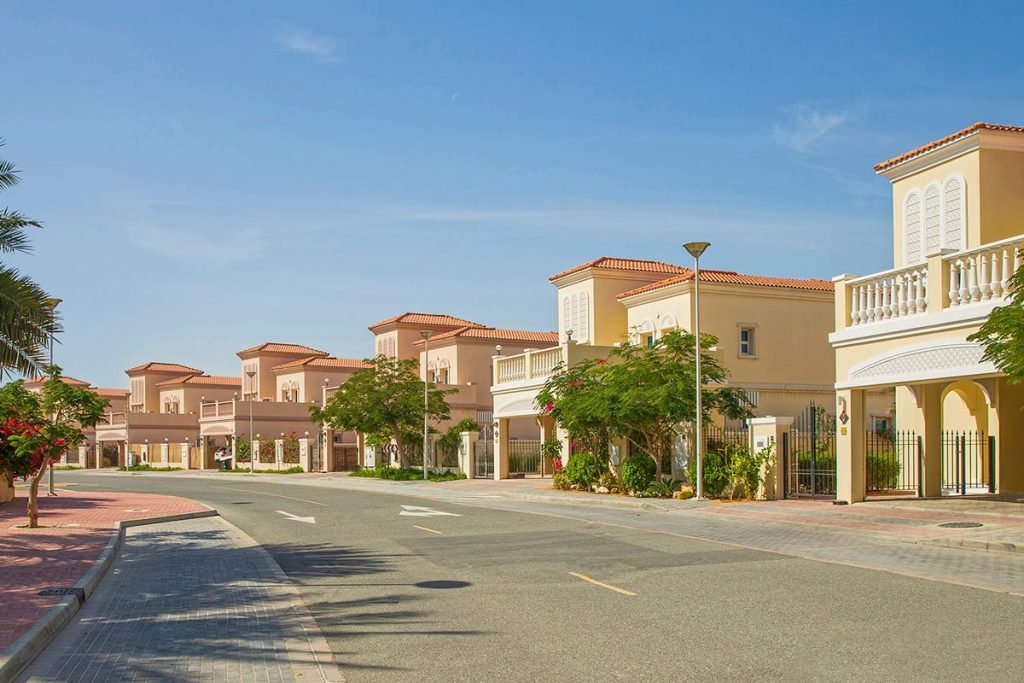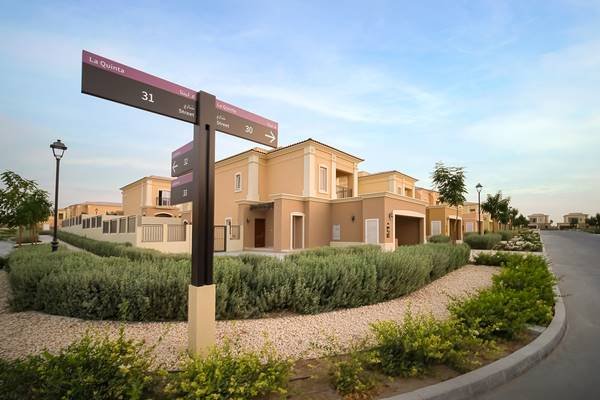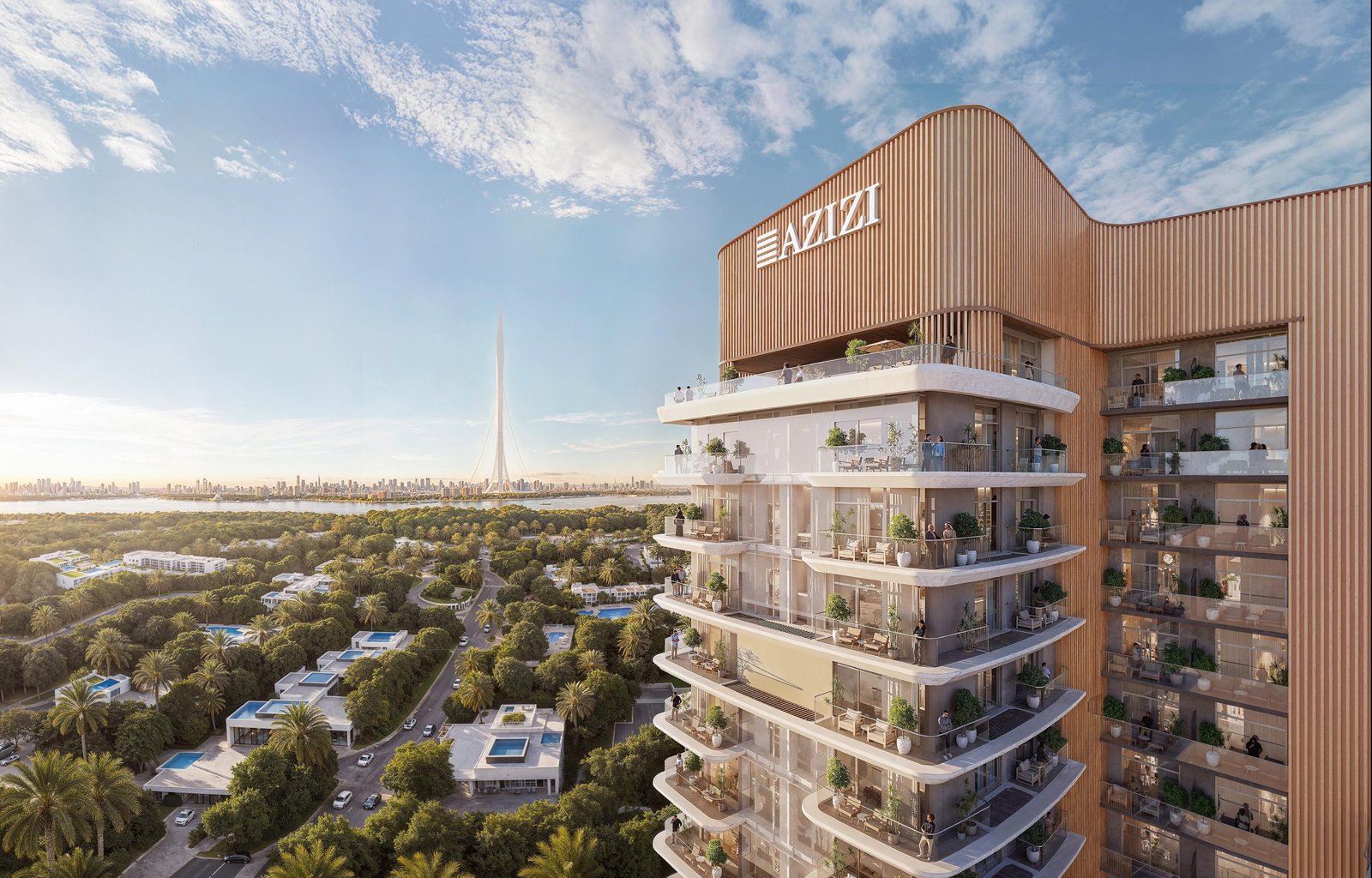Now Reading: Property laws, fees and process: Essential rules foreign buyers in the UAE need to know
-
01
Property laws, fees and process: Essential rules foreign buyers in the UAE need to know
Property laws, fees and process: Essential rules foreign buyers in the UAE need to know

10 Essential UAE Property Laws for Foreign Buyers to Know
UAE property laws for foreign buyers have become one of the hottest topics in recent years, as global investors continue to show strong interest in Dubai, Abu Dhabi, and other emirates. The United Arab Emirates is famous for its luxurious lifestyle, high rental yields, and booming real estate market. But before purchasing a property, foreign investors need to clearly understand the laws, ownership rules, fees, and buying process to avoid legal or financial issues later on.
In this comprehensive guide, we’ll break down everything foreign buyers need to know about UAE property laws from the types of ownership available, the step-by-step buying process, the costs involved, and the documents required, to practical tips for making a safe and profitable investment.
Why Foreigners Buy Property in the UAE

Foreign buyers have been flocking to the UAE for several reasons:
• Strategic location: A hub connecting Asia, Europe, and Africa
• Tax benefits: No property tax, no capital gains tax, and no annual ownership tax in most cases
• High rental returns: Especially in Dubai, where yields can reach 6–8%
• Residency options: Certain property purchases make foreigners eligible for long-term UAE visas
• Luxury lifestyle: From beachfront apartments to skyscraper penthouses, the UAE offers world-class living
But along with these advantages come rules that every foreign investor must know.
Understanding UAE Property Ownership Rules for Foreign Buyers
1. Freehold vs Leasehold Properties
Foreign buyers can purchase property in designated areas of the UAE under two main types of ownership:
• Freehold: Complete ownership of the property and the land it sits on. Freehold properties can be inherited, sold, or rented out freely.
• Leasehold: Ownership of the property for a fixed term (commonly 30–99 years), but not the land itself. Once the lease expires, the property returns to the original owner.
Dubai and Abu Dhabi have specific freehold zones where foreigners are allowed to buy. For example:
• Dubai Marina, Downtown Dubai, Palm Jumeirah, Business Bay, Jumeirah Village Circle, and others
• Abu Dhabi allows foreigners to buy in areas like Yas Island, Saadiyat Island, Al Raha Beach, and Al Reef
2. Restrictions and Rights
• Foreigners cannot buy property outside the designated freehold areas
• Ownership comes with the right to lease, rent, sell, or pass on the property to heirs
• In Abu Dhabi, foreigners are limited to leasehold (up to 99 years) in some areas, while other zones allow freehold
Legal Process of Buying Property in the UAE
Buying a property as a foreigner in the UAE is relatively straightforward but requires following the correct legal process.
Step 1: Choose a Property
Buyers can purchase directly from a developer (off-plan properties) or from an existing owner (secondary market).
Step 2: Sign the Sales Agreement
A Memorandum of Understanding (MoU) is signed between the buyer and seller. The buyer typically pays a deposit of 10% of the property value.
Step 3: Pay Fees and Apply for NOC
The buyer pays transfer fees and applies for a No Objection Certificate (NOC) from the developer. The NOC ensures that the seller has cleared all service charges and obligations.
Step 4: Ownership Transfer at the Land Department
Both parties visit the Dubai Land Department (DLD) or the Abu Dhabi Municipality. The property title deed is transferred to the buyer.
Once complete, the foreign buyer becomes the legal property owner.
Fees and Costs Foreign Buyers Must Consider
Besides the purchase price, several fees apply:
- Dubai Land Department (DLD) Transfer Fee: 4% of the property price
- Registration Trustee Fee: Around AED 2,000–4,000
- NOC Fee: AED 500–5,000 depending on the developer
- Real Estate Agent Commission: Around 2% of the purchase price
- Mortgage Registration Fee (if applicable): 0.25% of the loan value
- Service Charges: Annual maintenance fees (varies by property type, often AED 10–30 per sq. ft)
Example: If you buy a property worth AED 1,000,000 in Dubai, expect to pay an additional AED 70,000–90,000 in fees.
Mortgages and Financing for Foreign Buyers
Foreign buyers can access UAE mortgages, but conditions apply:
• Minimum down payment: 20–25% of property value
• Maximum loan: 75–80% (for first property, UAE residents may get better rates)
• Interest rates: Typically 3–5% depending on the bank and applicant profile
• Required documents: Passport, residence visa (if applicable), salary certificate or proof of income, and bank statements
Some banks offer financing even for non-resident foreigners, though loan amounts are usually lower.
Property Inheritance and Succession Laws
Foreign buyers must also understand how inheritance works in the UAE.
• UAE law follows Sharia principles, which may distribute assets differently than a foreigner expects
• To avoid complications, foreign buyers can register a will at the DIFC Wills and Probate Registry (Dubai) or the Abu Dhabi Judicial Department
• This ensures the property is distributed according to the buyer’s wishes
Property Ownership and UAE Residency
One of the most attractive aspects of buying property in the UAE is the potential to qualify for residency visas.
• AED 750,000+ property value → Eligible for a 2-year renewable residency visa
• AED 2 million+ property value → Eligible for a 10-year Golden Visa
These visas allow property owners and their families to reside in the UAE, making it a major draw for investors.
Risks and Precautions for Foreign Buyers
While the UAE market is attractive, buyers should take precautions:
• Check developer credibility and only buy from approved developers
• Verify property documents to ensure title deeds and approvals are genuine
• Beware of off-plan risks as projects may face delays; confirm RERA approval
• Understand service charges, which can be high in luxury areas
• Hire a legal advisor, especially for large or complex purchases
Tips for Foreign Buyers in the UAE
- Work with RERA-licensed agents only
- Budget realistically by including all fees, not just the purchase price
- Visit the property in person before finalizing the deal
- Review the contract carefully, both the MoU and developer agreements
- Consider future resale value by buying in high-demand areas
Conclusion
The UAE real estate market is one of the most dynamic in the world, offering foreign investors attractive opportunities with strong returns and a pathway to residency. But success depends on understanding the UAE property laws for foreign buyers, including ownership rights, legal procedures, fees, and long-term obligations.By following the right process, budgeting for extra costs, and seeking professional guidance, foreign investors can enjoy a secure and rewarding property ownership journey in the UAE.
Read More-Palm Jebel Ali 2025: The Reimagined Island Luxury Destination






















